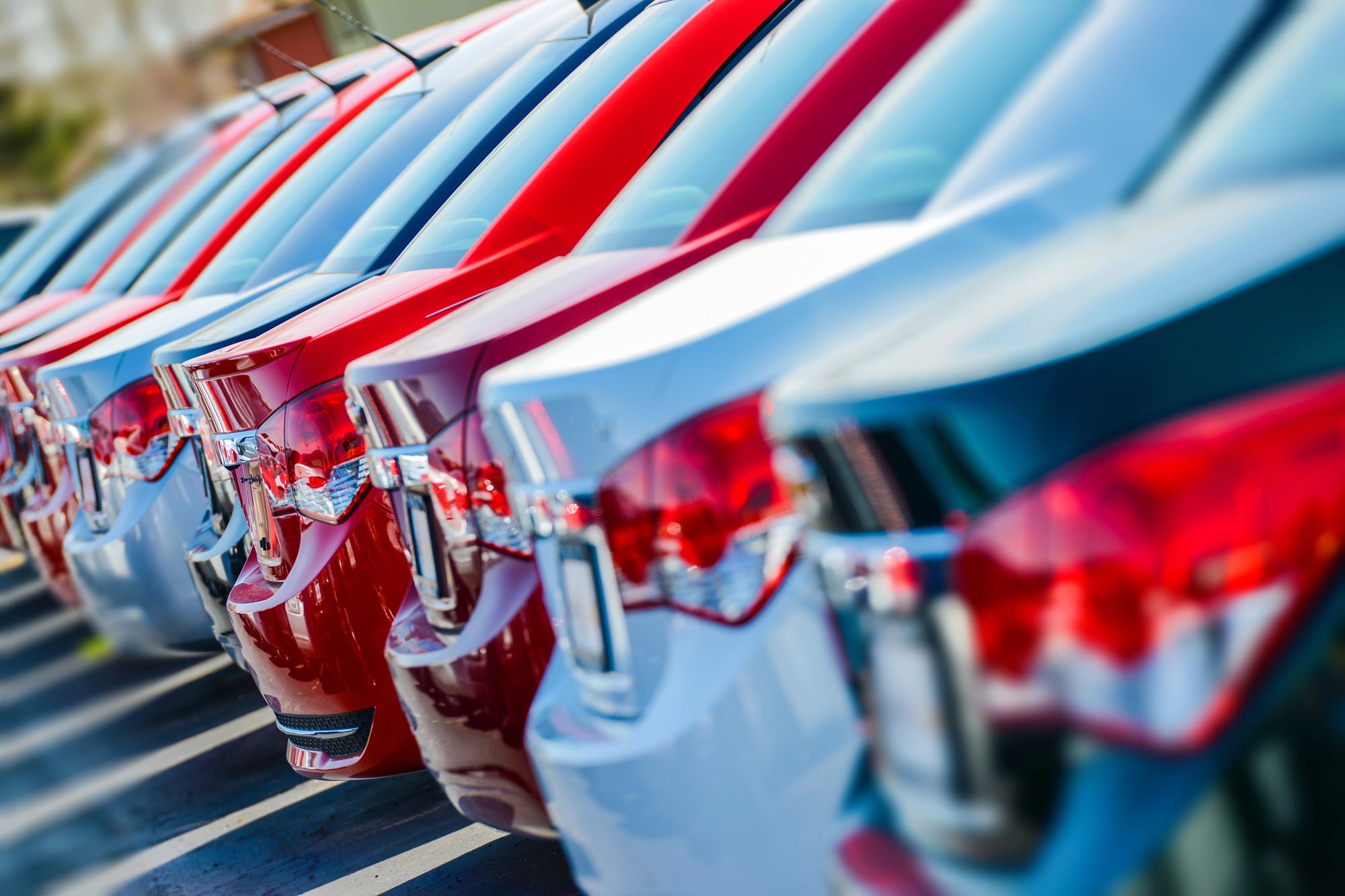The modern car is an abomination. These once glorious machines have been covered in so many needless hoses, cords, sensors, and plastic shields that a man cannot just open his hood and look at his engine. They are full of other invasive features due to persistent regulatory creep combined with the desire to find ways to charge more for every model. The primary culprits are gas and emissions requirements—based on the hypocritical desire to constantly harangue us about energy use—and the competing demand that cars become ever safer typified by insane government initiatives to get down to zero traffic deaths.
The root of the problem is that the best way to get better gas mileage is to make cars lighter, while the best way to make cars safer is to have heavy frames. Thus, cars have been filled with devices seeking to square this circle which inevitably make the cars more expensive and harder to work on. On top of this, cars constantly become more “online” in nightmarish ways and thus easier for the government or other malicious actors to track, hack, and disable. Unless something changes, for the paranoid and curmudgeonly among us, the only solution will be to adopt an ethos like the Cubans and keep pre-2010 cars running for the rest of our lives.
There is an internet meme that says something like, “Cars manuals used to tell you how to adjust valve lashes and now they tell you to not drink antifreeze.” While I don’t doubt the average American man has less skill at car repair than he did forty years ago, this has more to do with the cars than it does with us: cars that have that in the manual were designed to be user-serviceable. The car is supposed to be a great symbol of liberty and independence in America, but now cars have been designed in such a way that make you wholly dependent on others to keep them running, while being loaded up with new things to break. It is true that some features are popular and that people like good gas mileage, but consumers have also been given few choices as auto companies have been required to include endless add-ons. Plenty of old little cars get better gas mileage than modern SUVs, itself a category invented to skirt gas mileage regulations. Further, many safety features do not make cars meaningfully safer because most deadly car accidents are caused by catastrophic operator error and are not remediated by a myriad of minor features. What they instead do is make cars more annoying.
Gas mileage requirements are especially egregious, as they rely on a fifty year old scarcity mindset which didn’t anticipate the awesome increase in oil production in the United States and worldwide. As safety and environmental busybodies are more motivated than normal people who like cars—also the automotive companies like excuses to add expensive and complicated features—there has been almost no push-back to these changes to our cars. New manual transmissions are all but disappearing, which is framed as a consumer preference but also reflects the fact that modern automatic transmissions get slightly better gas mileage. Thus it becomes hard to produce many models in a manual transmission while meeting MPG requirements; of course, automatic transmissions are less reparable, far more reliant on computers, and when they go out the car is commonly permanently off the road, whereas replacing a clutch is normal maintenance and can be done at home if one is so inclined. All of this has the impact of getting you stuck with a newer car full of features you don’t need and may not want as the used car listings fill up with high mileage automatics no experienced person would buy due to the risk of sudden death.
As well as modern cars making us entirely dependent on mechanics, the car is also the least free place in America outside of a prison cell, in that one has very few rights while driving. There is no reason to believe limits on the government getting into your car will hold as it is already established driving is a “privilege.” The various annoyances are one thing. The much greater fear is how connected or “smart” the average new car is. Electric vehicles that want to be high-tech products get the most notice, but almost any new car is permanently networked in a variety of ways and entirely dependent on computers for all of its basic functions. Currently, this is already becoming so dystopian that new cars are supposed to begin implementing technology to “passively” detect drunk driving by next year; this could be done by breathalyzing the car, monitoring your eyes, or by monitoring your driving for erratic behavior. Presumably, the car then shuts off “for your own safety” like some sort of computerized Nazi. They will tell us there is this or that “privacy” feature but it’s not a stretch to imagine this information being downloadable by law enforcement. In fact, a new car is increasingly a “black box” writ large which monitors every aspect of your behavior while GPS tracks where you have been. None of this is to even mention the “farther out” scenarios such as the government intentionally hacking your car to kill you or frame you for a crime. They want us to believe self-driving cars will be safer, but there is no reining in the tech industry’s “break it with excessive innovation and fix it later” ethos that means at no point will highly computerized cars actually work reliably and any update could cause the AI driver to accidentally, or intentionally, kill you. Speaking for myself, if I am going to die in a car accident I would prefer it to be due to my own incompetence, like God intended.
The liberals make no bones about their hatred of the internal combustion engine. California is trying to ban the sale of new gas cars by 2035—though it’s currently facing opposition from the federal government. This is a state that can’t even make electricity work reliably and your gas car may be your only access to air conditioning (or better yet, going to the beach) when it is 110 degrees. The possibilities of what else they could come up with are endless, including basically putting everyone on house arrest with a car tracker. The next time they come up with a pretense to “lock down” society, car use could be remotely limited on a statewide scale. Due to some crisis or another, the hours cars are allowed to leave your house besides for work could be limited. It could be the case that even and odd serial numbers alternate days they are allowed to drive for “non-essential” reasons. The government will surely find its way into the “smart” car’s brain and the owners of susceptible cars will be all but powerless to stop them.
Is there any hope for the future of cars in America? It is possible that some sort of carve out or loophole could be made for manufacturing older car models? I have always thought if you could sell, say, a new 1990 Chevy S10 for $10,000 there would be a lot of buyers. (Manufacturers might like this, since they would be competing with the used car market, not their sales of new cars.) It also needs to be mentioned that as flip phones and other older electronics are seeing a mild resurgence for similar reasons to those described herein, so there might be some interest in “dumb cars.” Even with electric vehicle mandates, it is not inherent that electric vehicles need to be fully computerized and connected to the grid—they are in fact a glorified cordless drill with a car put on top of it—they are just usually made that way because they are seen as future technology and are deeply connected to the tech industry.
The most likely reality though, is that those of us who value our freedom and fear the government will have to take after the Cubans and keep at least one old car and learn to maintain it ourselves so that we may stay somewhat out from under the government’s thumb. It seems that as an old man I will be stuck driving sixty-plus year-old cars, both them and I a relic of an era where travel in America was at least somewhat free and private.































